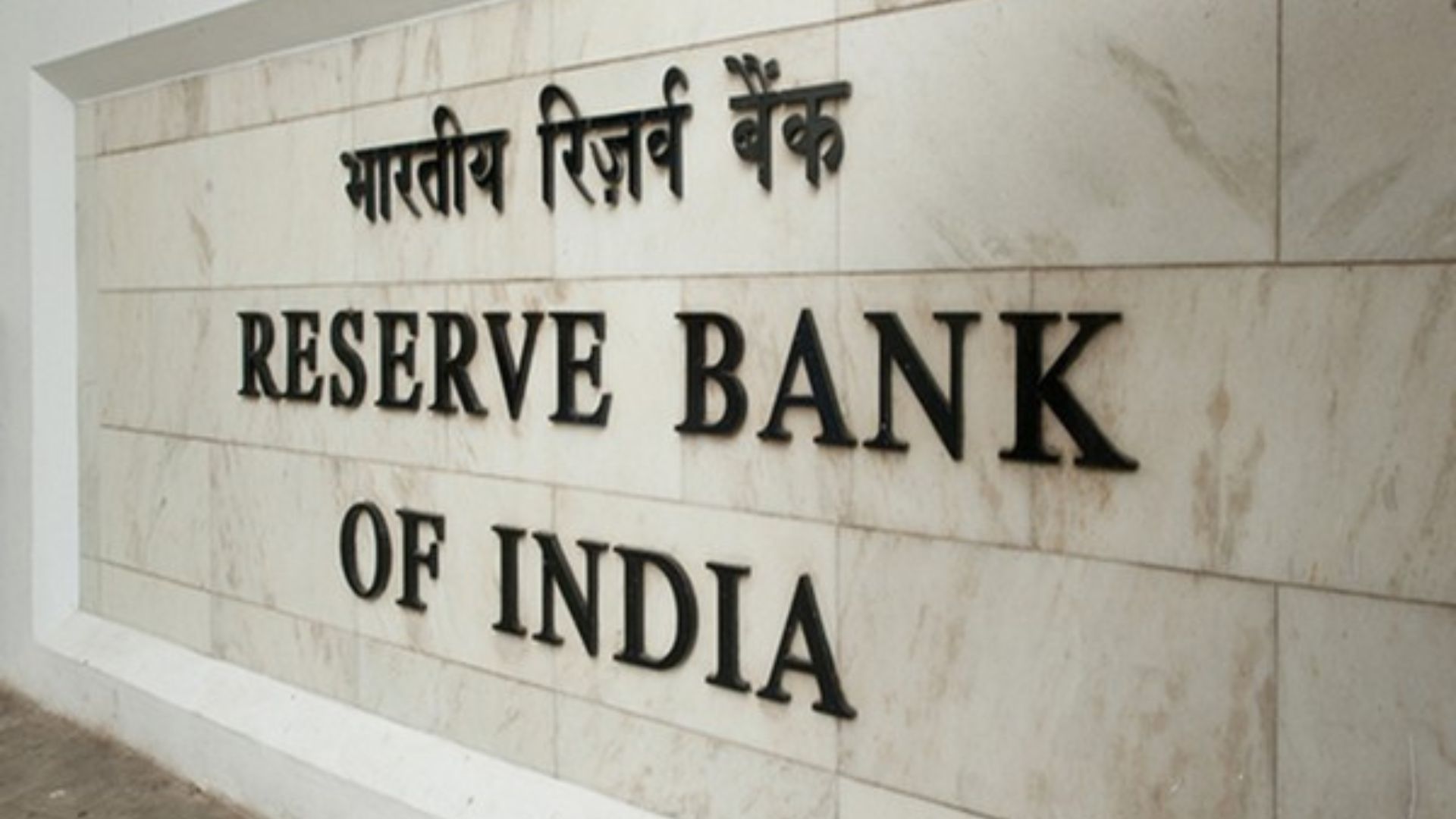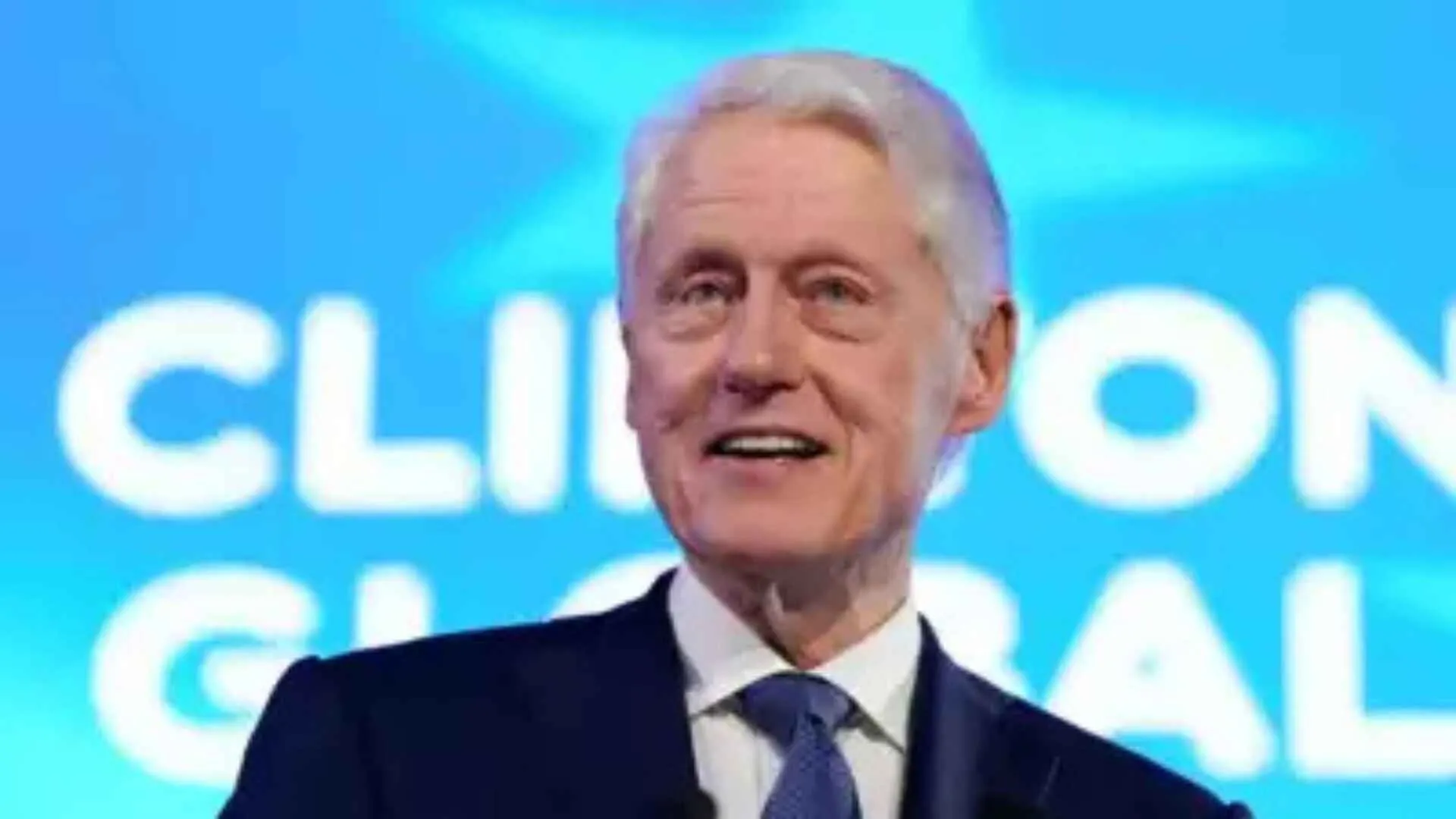Covid 19 pandemic is when we have so clearly understood how broken our health systems are and this has made us contemplate the role that the government should play in ensuring healthcare for all in the country. Surprisingly Indian election manifestos across all parties don’t allow healthcare any decent space. And more curiously, India’s voters appear to place little emphasis on health as they decide whom/ which party to vote into power. For instance, in the state elections in Bihar in October-November 2020, as found in a post-election survey, only a meager about 0.3% of the voters considered health as a priority–even against the backdrop of the Covid-19 pandemic. Economic factors and general developmental issues loomed much larger to voter priorities against providing good healthcare.
Why do our voters not prioritize health despite their having to pay one of the world’s highest out-of-pocket (at 78% OOP) expenditures and catastrophic spending on health for decades? The reasons for the low prioritization of health in elections seem to be complex and rooted in our psychological imprint. Our people have surprisingly non-existent expectations of government as healthcare provider/s. This most likely is because the health system had been unresponsive and unaccountable for way too long. People’s minds have been turned away from this in their upbringing years while going through the thick and thin of their woes around hospitals and clinics. There is simply no expectation in their minds.
An expectation is the emotional anticipation or belief of an occurrence that may take place in reality in the future. It’s a potential reality that we look forward to being manifested in our lives. But mindsets primed over many decades are transformed to such a state that it doesn’t allow the emergence of any such expectation in people. The very concept of government providing healthcare doesn’t exist in the minds of the multitude in our country.
The other cause of such reaction in voters may also be because none of the political parties provide the subject of Health any decent place in their election manifestos. They make no promises about improving health care. So this leaves the people to themselves as far as health is concerned and are left with no scope to choose a political candidate or a party on that ground.
Political leaders, on the other hand, stay away from promising improved healthcare, either because they don’t have the answers, or they find it too complex an issue to analyze and come up with an agenda on offer, or because timelines for improving the system are well beyond the life of their political regimes. However, we get to see that where political leaders have delivered well on health, such as in Kerala, it has created an expectation from citizens which compels leaders to offer election agendas prioritizing health. Despite the pandemic, it has been hard to identify any shift in the electoral politics of health provision even in the world’s richest party governing our country. The ruling party under the charismatic leadership of the honorable prime minister has also been stressing other welfare goals even in the backdrop of a pandemic. The ruling party is also seen to garner benefits from maintaining a raft of welfare schemes since 2014 adding several such schemes and promoting them actively during elections.
Various factors/reasons are under play for this and the most prominent one is because reforms in the health sector are harder to enact and much slower to yield any tangible outcomes for voters to take cognizance of and manifest any impact in terms of votes earned for the party undertaking such a complex agenda. Hence, foregrounding health sector investments have been seen as politically riskier than other result-oriented schemes/ agendas. For instance, improvements in the distribution of food grains or gas cylinders (Ujjwala) are more visible and tangible/measurable for the general public than enabling efficient medical caregiving policy/ scheme which is a far tougher and time-consuming task to undertake. Welfare schemes based on the ‘delivery’ of a product are much simpler and tangible than improving services like health and education, which are much more complex.
Healthcare depends on a system that includes infrastructure, human resources, medical protocols and resources, high accountability, and capacity. For this reason, perhaps, the main electoral pledge in the health sector in recent years has been on health insurance and a few free treatments offers rather than comprehensive infrastructural reforms within which this product can be effectively utilized.
The social determinants to health that are highly prioritized in the UN sustenance goals must find a place in any discussion on health infrastructure improvement. They are important contributory factors to health status in general and get varying degrees of priority in governments. But there is a need for more focused coordination to ensure optimal allocation of resources across various sectors touching the subjects of safe drinking water, sanitation, hygiene, and nutrition. Their contribution to good health is unarguably a lot but these need to be adequately recognized, measured, and evaluated.
There is also a need to establish a coordinating body in the country’s highest offices to connect the dots in health and other social determinants of health and coordinate the work of various agencies contributing to health improvement to enhance and better utilize these for the general good.
Experts would agree rebuilding India’s health system requires first and foremost better financial allocation and some policy work around the clarity of roles of the national and state governments. The other area is creating empowered institutions with evidence-based healthcare governance and administration. The motivation for these will emerge from creating (or making more visible) the demands of Indian voters for improved health. Social help groups and non-government organizations should work on voter awareness, their perception of health schemes, and even the politics behind these.
The author is a Consultant Doctor, Moolchand Medcity.













